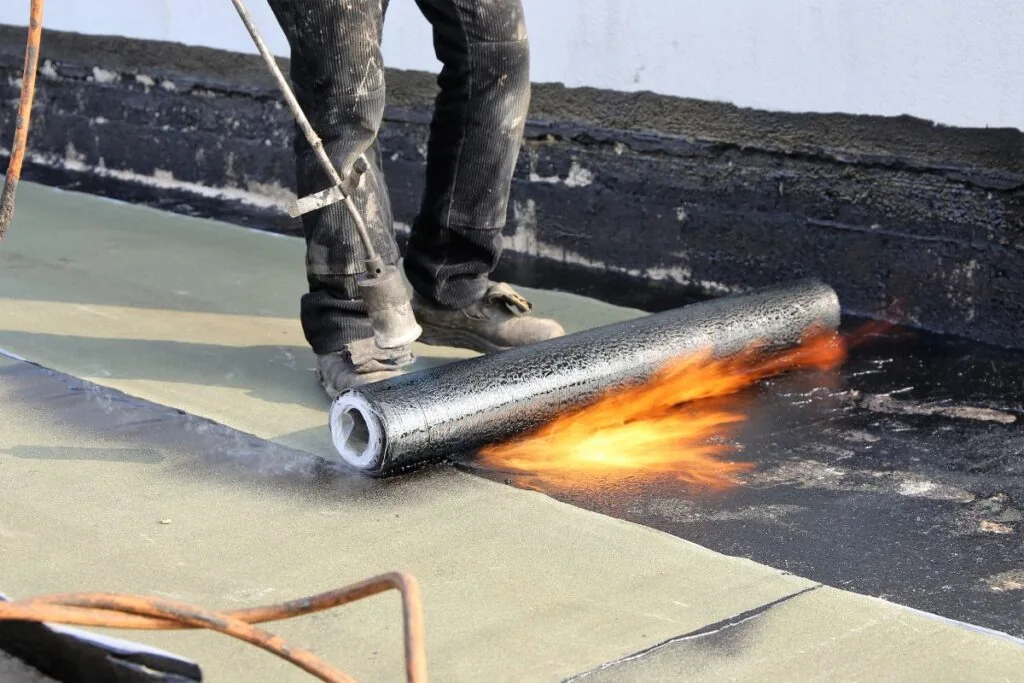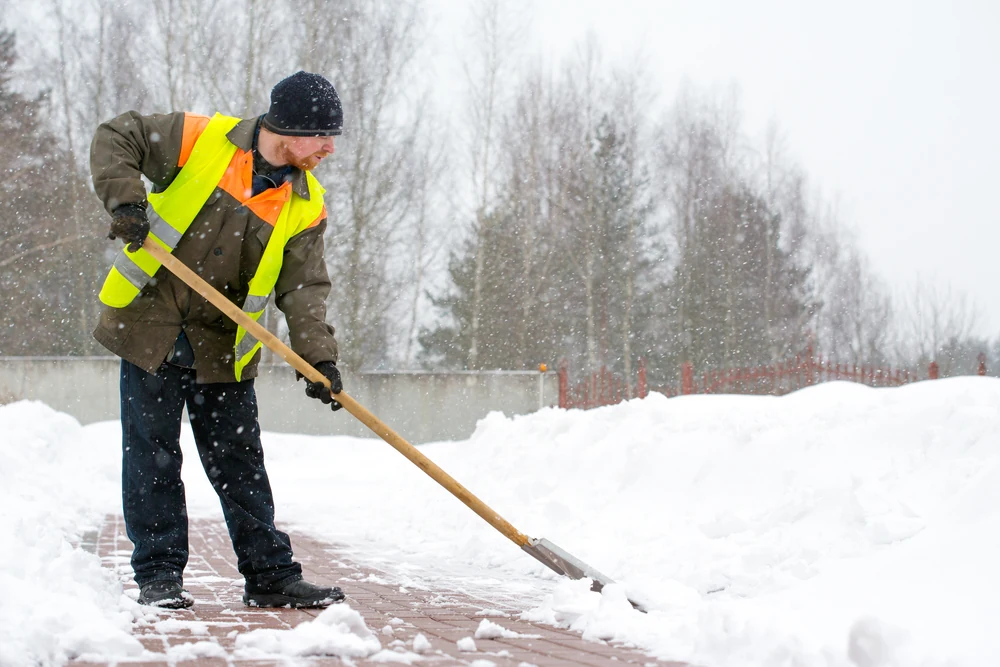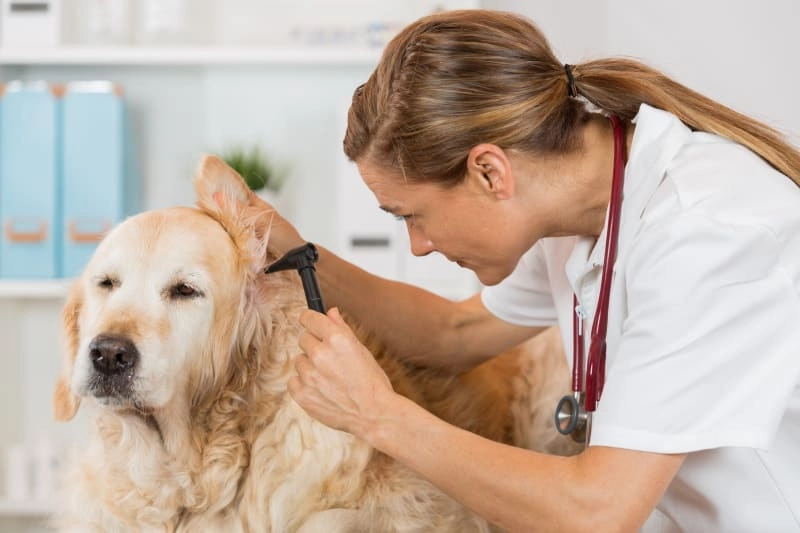Rebuilding relationships after heroin addiction is a challenging yet essential journey. How to rebuild relationships after heroin addiction requires a deep understanding of the damage caused and a commitment to making amends. Individuals must confront their past mistakes while fostering open lines of communication. Trust, once lost, takes time to regain through consistent actions and honesty. Exploring strategies for healing and support can pave the way for stronger connections, but the path is often fraught with complexities that warrant careful, compassionate navigation.
Key Takeaways
- Acknowledge past mistakes and take responsibility to foster trust and understanding in relationships.
- Engage in open communication by practicing active listening and using “I” statements to express feelings.
- Demonstrate commitment through consistent actions and honesty to rebuild trust over time.
- Seek professional support, such as therapy or support groups, to address underlying issues and enhance relationships.
- Dedicate time for focused conversations with loved ones to strengthen connections and ensure everyone feels heard.
Understanding the Impact of Heroin Addiction on Relationships
When individuals struggle with heroin addiction, the consequences often extend far beyond their own lives, deeply affecting their relationships with family, friends, and partners. The emotional toll can manifest in broken trust, feelings of betrayal, and a sense of isolation for both the individual and their loved ones. Family members may experience anxiety and helplessness, while friends often feel abandoned or hurt. Partners may grapple with confusion and disappointment, leading to strained connections. As the addiction progresses, communication may break down, causing misunderstandings that further distance these relationships. Recognizing these impacts is essential for fostering understanding and compassion. Acknowledging the pain caused can pave the way for healing, offering a foundation for rebuilding relationships after heroin addiction, and regaining the trust lost along the way.

Acknowledging Your Past Mistakes and Taking Responsibility
Acknowledging past mistakes is a vital step in the journey toward rebuilding relationships after heroin addiction. It requires genuine introspection and a willingness to confront the hurt caused by previous actions. By taking responsibility, individuals can begin to heal not only themselves but also the bonds they once jeopardized. This act of accountability fosters an environment of trust, showing loved ones that change is possible and desired. Recognizing the pain inflicted allows for compassion and understanding to flourish, paving the way for forgiveness. While the journey may be challenging, embracing this fundamental aspect of recovery can lead to stronger, more meaningful connections. Ultimately, it lays the groundwork for a supportive community that encourages growth and acceptance.
Strategies for Open Communication With Loved Ones
Effective communication serves as a cornerstone for rebuilding relationships after heroin addiction, as it fosters understanding and connection between individuals and their loved ones. To facilitate open dialogue, the following strategies can be helpful:
- Practice Active Listening: Show genuine interest in what loved ones are expressing, validating their feelings and concerns.
- Be Honest and Vulnerable: Share personal thoughts and emotions to create a safe space for open exchange.
- Set Aside Time for Conversations: Designate specific moments for discussions to guarantee focus and minimize distractions.
- Use “I” Statements: Communicate feelings without placing blame, which fosters a more compassionate dialogue.
Implementing these strategies can help bridge the gap, allowing individuals to rebuild relationships after heroin addiction and nurture a sense of belonging.
Building Trust Through Consistent Actions and Honesty
Rebuilding relationships after heroin addiction requires more than just open communication; it demands a commitment to rebuilding trust through consistent actions and honesty. Trust is fragile and can be easily broken, but it can be restored through reliable behavior over time. Individuals in recovery must demonstrate accountability by keeping promises and being transparent about their journey. This consistency shows loved ones that change is genuine and lasting. Honesty is equally essential; sharing thoughts and feelings openly can help bridge gaps created by past behaviors. As trust rebuilds, relationships can strengthen, fostering a sense of belonging and support. Ultimately, the path to healing involves a commitment to showing others that change is possible and worth believing in.
Seeking Professional Support and Guidance for Lasting Change
Many individuals recovering from heroin addiction find that seeking professional support and guidance is vital for achieving lasting change. Engaging with trained professionals not only fosters personal growth but also aids in repairing relationships. This support can provide essential tools and strategies for traversing the complex emotions associated with recovery.
Here are four ways professional support can facilitate healing:
- Therapy Sessions: Individual or group therapy can help address underlying issues and promote open communication.
- Support Groups: Connecting with others who share similar experiences fosters a sense of belonging and understanding.
- Family Counseling: Involving loved ones in the recovery process can strengthen relationships and rebuild trust.
- Life Skills Workshops: Learning practical skills aids in managing daily challenges and enhances self-sufficiency.
Frequently Asked Questions
How Long Does It Take to Rebuild Trust After Addiction?
Rebuilding trust after addiction varies greatly among individuals. Factors such as the depth of relationships, personal commitment to recovery, and consistent communication play essential roles, often taking months to years for genuine trust to be restored.
Can Relationships Fully Recover After Heroin Addiction?
Relationships can recover after heroin addiction, though the process requires time, patience, and consistent effort. Healing is possible, fostering renewed trust and connection when both parties actively engage in understanding and supporting one another’s journey.
What if My Loved Ones Aren’t Ready to Forgive?
When loved ones struggle to forgive, patience and understanding become essential. Healing takes time; showing consistent commitment to change can gradually rebuild trust. Open communication fosters connection, allowing feelings to be expressed and acknowledged.
How Do I Handle Triggers That Could Jeopardize Relationships?
Maneuvering triggers requires awareness and coping strategies. Identifying specific triggers, communicating openly with loved ones, and seeking support can help foster understanding. Establishing healthy boundaries guarantees relationships remain strong while managing the challenges of recovery.
Should I Involve Family in My Recovery Process?
Involving family in the recovery process can provide essential support and understanding. Their presence fosters connection, encourages open communication, and helps rebuild trust, ultimately creating a stronger foundation for healing and healthier relationships moving forward.
Conclusion
Rebuilding relationships after heroin addiction is a challenging yet rewarding journey that requires patience, empathy, and commitment. By acknowledging past mistakes and embracing accountability, individuals can foster open communication and rebuild trust. Consistent actions paired with honesty demonstrate a genuine desire for change, while seeking professional support can provide essential guidance throughout the process. Ultimately, this journey not only strengthens connections with loved ones but also nurtures personal growth, paving the way for a healthier, more fulfilling life.
You May Also Like To Read:






